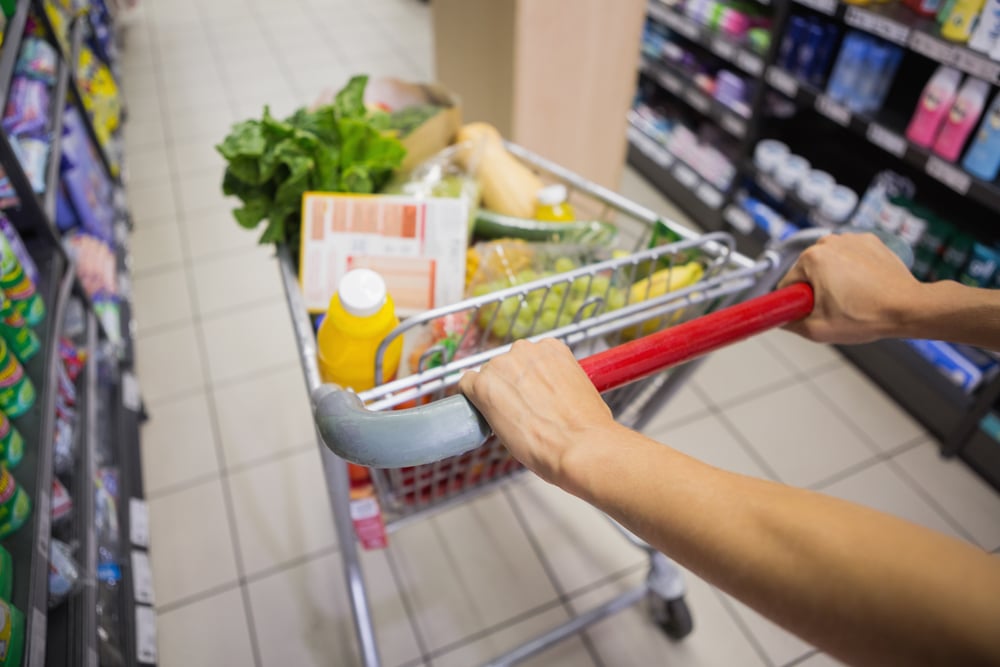UK SUPERMARKET INFLATION AT AN ALL TIME HIGH
This week in the UK, The Office for National Statistics (ONS) reported that food inflation reached...
Thank you for visiting us!
This website does not completely support on Internet Explorer. Please use another browser.
Apologies for inconvenience
By: Atlante on Mar 30, 2023 8:14:13 PM

The head of retail and consumer insight at Kantar, Frazer McVitt said this week that unfortunately it's more bad news for the British public, who are now experiencing the 9th month of double-digit grocery price inflation.
According to the Grocery Gazette, UK grocery price inflation has climbed again to reach 17.5% in the four weeks up to 19th March 2023, which is a new high according to Kantar’s market data. This means that households are now facing an £837 increase on their annual grocery bills if they don’t change their shopping behaviours. Take-home grocery sales grew more widely by 8.6% over the 12 weeks.
It's no massive surprise really as last week the Office for National Statistics (ONS) reported that food inflation reached a record high since 1977. During February, it rose to 18.2%, the reason for the sharp upwards trend is blamed on fluctuation in the market with one example being the increase in the price of vegetables last month.
In a bid to retain customers, supermarkets such as Morrisons are slashing prices on 490 products as consumers are opting to shop in low cost alternative retailers such as Aldi to try and keep their costs down.
Aldi secured a new record market share this month at 9.9%, driven by a 25.4% increase in its sales. Lidl was the fastest-growing supermarket with sales increasing by 25.8% and a market share of 7.4%.
Having dropped down in the rankings last year, Morrisons saw sales rising by 0.1%, giving it an 8.8% market share. Waitrose saw its fastest rate of growth since September 2021.
Iceland, the frozen specialist performed strongly, increasing its market share to 2.3%, up 0.1 percentage point as sales rose by 9.6%. For Asda its sales increased by 7.3%, which was slightly higher then Tesco and Sainsbury’s on 6.9%. Tesco is still Britain’s largest supermarket with a 26.9% share of the market, while Sainsbury’s is on 14.8% and Asda 14.3%. Convenience retailer Co-op now has a 5.7% share and Ocado’s market share remained at 1.8%.
If you're a supermarket buyer and you're looking to keep costs down for the consumer. Learn today how Atlante can help you by downloading our own-brand guide:
This week in the UK, The Office for National Statistics (ONS) reported that food inflation reached...
In the weeks leading up to 16th April 2023, grocery price inflation rose by 17.3%, which was a...